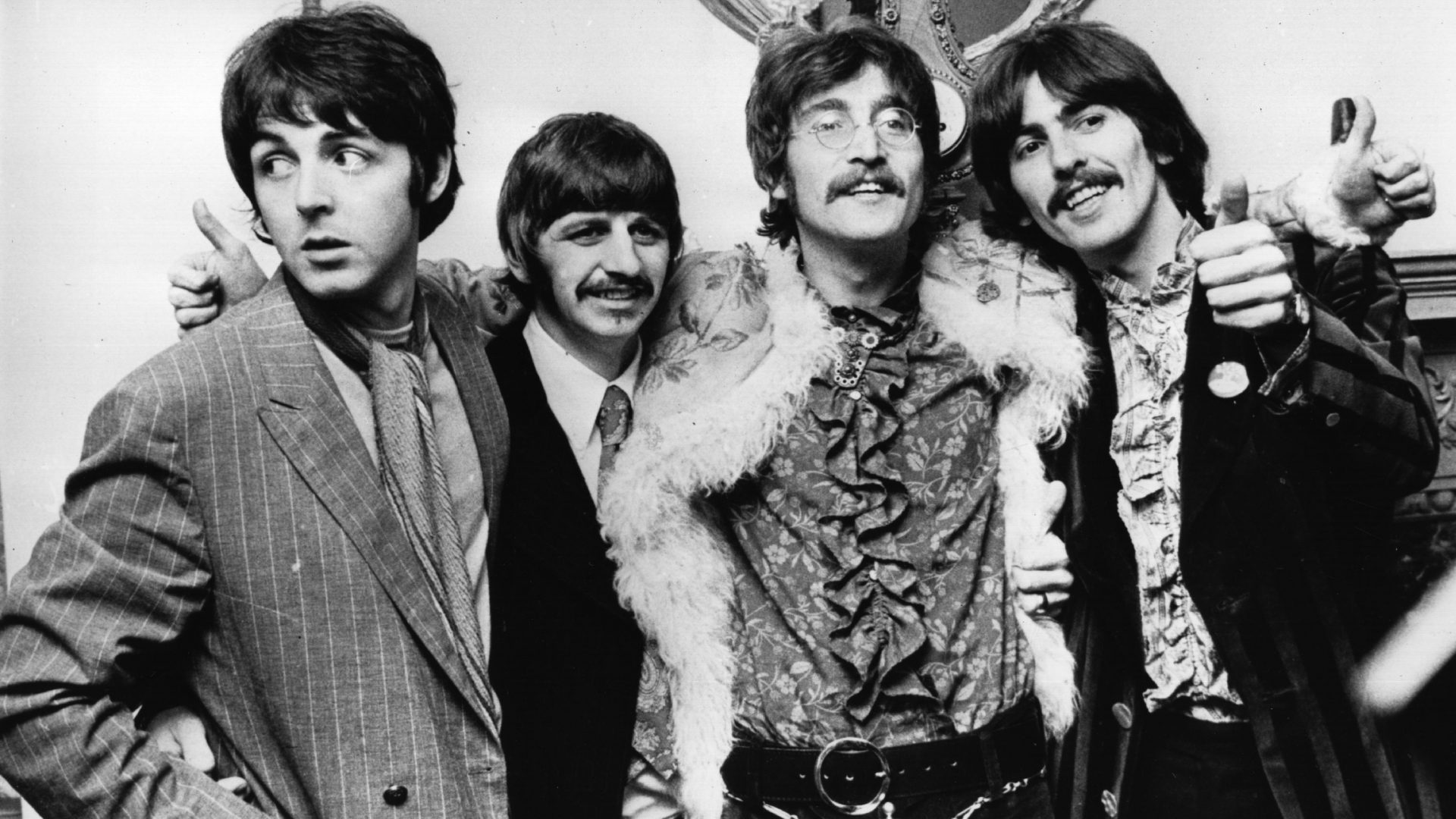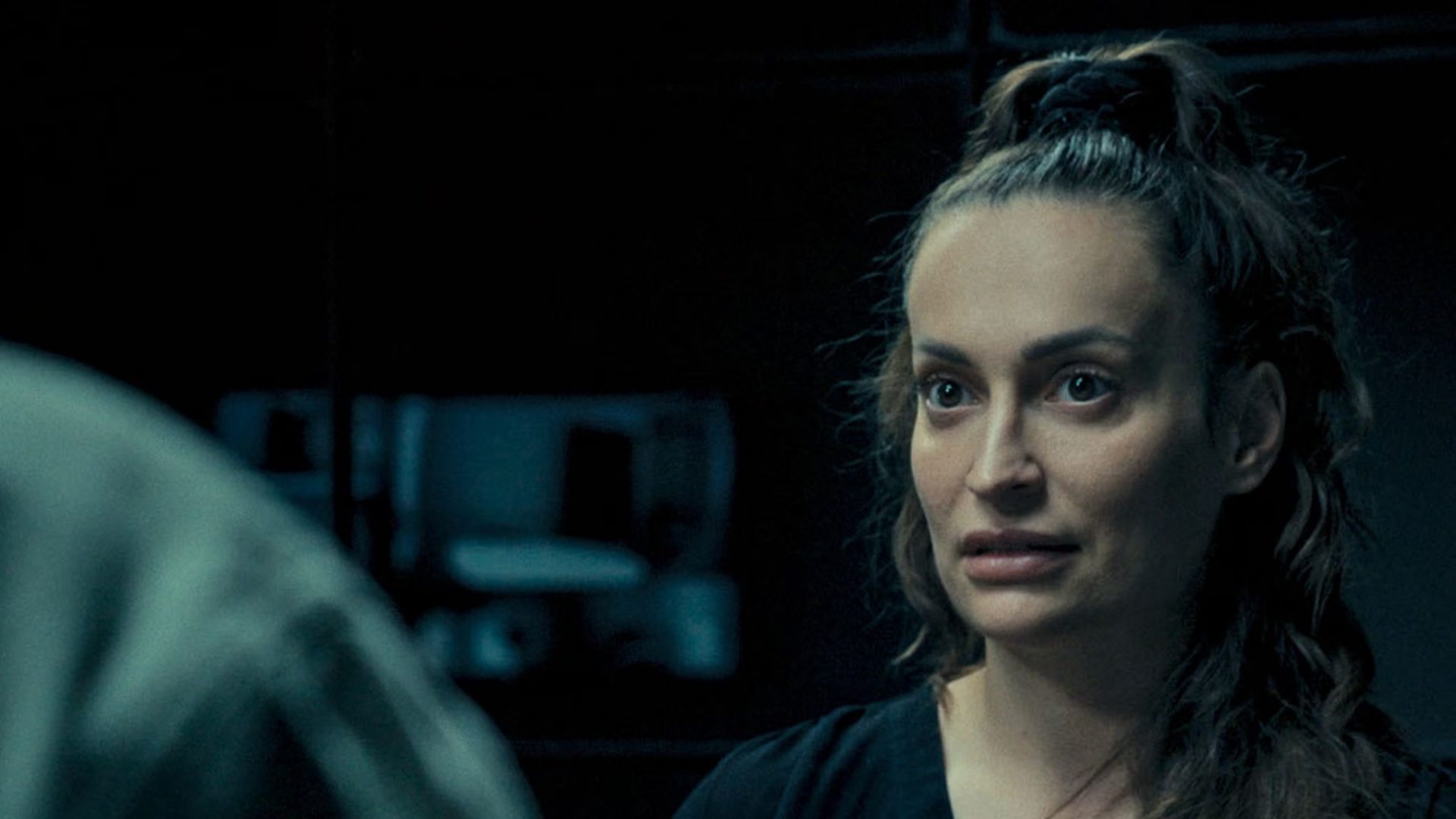Once upon a time, there was a band called the Beatles. They had their first hit in 1962 and split up eight years later: during that time, they recorded 13 albums and released 22 singles. In 1970, the four members of the group – John Lennon, Paul McCartney, George Harrison and Ringo Starr – went their separate ways and enjoyed solo careers of varying magnitude. And that was it for the Beatles.
Or so we thought: because at some point in the band’s post-split history – maybe it was after Lennon’s murder, or the announcement of the first Beatles’ CD, or perhaps just new management at Apple, the company that started off as a byword for chaos and incompetence and is now a ruthless media empire and copyright police force – the Beatles stopped being a time capsule summed up in two compilation albums (one red, one blue) and became a reanimated, active, forward-moving thing.
These days you can’t move for remastered Beatles albums, reworked Beatles demos, rejigged Beatles documentaries, re-edited Beatles movies – all tweaked and twisted for two reasons only: one, to keep the whole concept of “the Beatles” in the public eye as much as possible; and two, to entirely remix, rework and remake the actual, genuine story of the Beatles. The latest remaking, extended editions of the Anthology albums and documentary series are with us now, just in time for Christmas.
In 1970, when the Beatles released the Let It Be album – not the last LP they recorded, as any Fab fan knows, but the last one that came out during the band’s lifetime, it was not well-received. The band were running on fumes, fed up with one another, eager to split up, keen to move on in their personal lives, and already becoming four solo artists.
Let It Be – one or two songs aside – is a bad record and was received as such at the time. The NME’s Alan Smith wrote: “If the new Beatles’ soundtrack is to be their last, then it will stand as a cheapskate epitaph, a cardboard tombstone, a sad and tatty end to a musical fusion which wiped clean and drew again the face of pop.”
For years, the world agreed with Smith, especially regarding the movie this album soundtracked. Let It Be was never to be seen again after its cinema run: and everyone who was exposed to it came away feeling that the band’s career had ended in glum disarray.
Then in 2020, Let It Be was re-edited, remixed, and rejigged to become Get Back, a film by Lord Of The Rings director Peter Jackson, whose clear aim was to provide a counterpoint to the accepted story. In the new edit, the Beatles are one big happy family: overcoming a false start, the Fabs are seen as laughing, joking, playing nicely together and generally getting on like a house on fire: after two hours of this, the viewer expects them to marry each other, not split up. It’s not a rewriting of history – all these things happened – but it is a reworking.
Suggested Reading

Oasis: The trauma and the glory
Take, for example, the scene where, unknown to them, John and Paul are recorded via a hidden mic discussing George’s departure. It’s an intimate moment between the two of them: except on the original recording, Yoko Ono was also present, and some lines have been moved around in the edit.
To be fair, this approach – reworking, not rewriting – has been Apple’s approach all along. There was Let It Be: Naked, a 2003 album remixed by Paul McCartney to remove his nemesis Phil Spector’s work on the record. The Love album from 2006, for example, is a mash-up of various Beatles songs created for a dance show in Las Vegas, while the three Anthology albums from the mid-1990s were not, as most fans had hoped, a treasure trove of unreleased songs, rarities and raw takes, but a rather raggle-taggle collection of backing tracks and Frankensteinian cut-and-shuts of different versions of already available songs. There were many moments of brilliance on these discs, but the need to tinker was already manifest.
Most striking of all was the appearance of two so-called “new” songs – Free As A Bird and Real Love – created by taking some late 1970s John Lennon demos and adding music, vocals and new lines from the three living Beatles. These songs were produced by Jeff Lynne, former ELO singer and no stranger to reworking the Beatles’ back catalogue in his own songs, and they were declared canon, so much so that both songs now appear on regular Beatles collections, as if they were somehow part of a Beatles continuum that stretches from 1960 to the present day.
Which of course it does: the Beatles, a band whose past was once promoted with the slogan “It was twenty years ago today” are no longer creatures of the past, but have become part of an infinite now. From Guitar Band, a video game in which Beatles songs are broken down into individual musical contributions to Beyoncé, whose cover version of the Beatles’ Blackbird uses Paul McCartney’s original 1968 backing track, the Beatles are always with us. And while we cannot touch any of their holy relics – Apple controls the Beatles’ legacy more powerfully than their ally Disney protects their icon Mickey Mouse – the band’s official guardians do not seem able to leave anything Beatley alone. In 2023, the Lennon demo Now And Then, which had been first considered and then rejected as yet another “new” Beatles single, was once more disinterred, tarted up and released. In the same year, the rediscovery of a recording of an early Beatles show at Stowe public school led to expectations that the tape will one day be cleaned up using AI and reissued.
In 2025, the Beatles history tour went into overdrive with several announcements. A ‘new’ music collection called Anthology 4, a compilation featuring 36 tracks, 23 of which have already been released on other collections (plus the inevitable Free As A Bird and its sibling Real Love, with the grainy Lennon tapes used by Lynne in the mid-90s cleaned up by Peter Jackson’s AI). A reissue of the original Anthology book. The original television series (a documentary told from the band’s point of view), remastered by Jackson with a new “making of” episode showing Paul, George and Ringo “coming together around the release of the original series.” Oddest of all, four movies, each directed by Sam Mendes and each focusing on a different member of the band (Ringo’s will be the best).
It’s comforting for a fan like me to know that the Beatles’ brilliance will live on – they were, after all, the best group of all time, writing the best songs and changing music for ever, as well as shepherding popular culture into a thousand new directions. On Anthology 4, I’m taken by the rehearsal for All You Need Is Love and the long take of Can You Take Me Back. I’m just not entirely sure that this incessant dismantling and rebuilding – the musical equivalent of putting spoilers and go-faster stripes on a Morris Minor – is the ideal way to go about it.
Still, there will always be those 13 astonishing original albums and those 22 incredible original singles and, somewhere in the ether, the screams of the original fans, echoing down through time.
David Quantick is the author of Revolution: The Making Of The Beatles White Album, which will be published by Polygon Books in 2027



